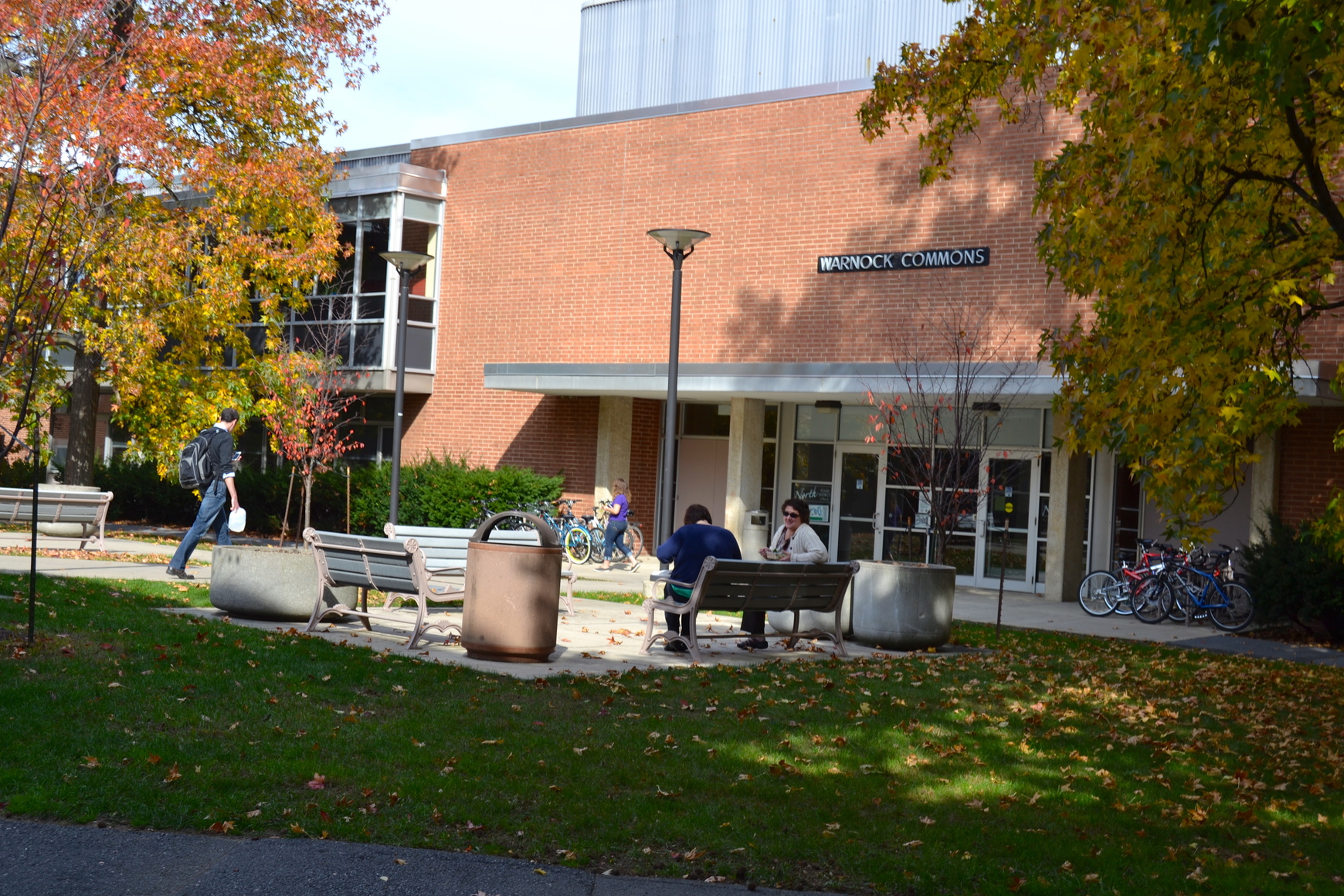Penn State Planning $46 Million Wastewater Plant Upgrade

Penn State presented plans to update its wastewater treatment plant to the State College Borough Council this week, hoping to modernize half-century-old equipment at the century-old facility.
Wastewater Utility Engineer David Swisher spoke on behalf of Penn State’s Office of Physical Plant. Swisher said the university built some of the plant’s equipment in the 1950s and ’60s, and they’re nearing the end of their useful life. He said safety improvements, water quality, and conservation are also recommendations from a study conducted last year.

The $46 million improvement plan will need to accommodate public comment and receive approval from numerous government agencies over the next few months. If those phases go well, its construction is projected to begin late this year and finish in 2022. Penn State will also require the Centre Region Council of Governments to modify Centre Region’s Act 537 plan for wastewater treatment, which was originally passed in 2006.
The upgrades will allow the University Park treatment plant to increase its daily flow from 1.6 million gallons to 3 million gallons per day.
“It allows us enough growth over 20 years, and we’re projecting 50 years, to accommodate the growth on campus,” Swisher said.
Other improvements to the site include screening, grit removal, flow equalization, disinfection systems, solids thickening, odor control, and electrical and control upgrades.

The construction will be funded by Penn State, with no state help, he said. The new construction will be limited to the layout of the current facility.
“We really want to be good stewards of the environment and not extend our footprint,” Swisher added.
The effluent, or outflowing processed water, at the plant will be Grade A once the construction is complete. Swisher said this rating is not suitable for human consumption, but clean enough for various uses. Currently, some water treated at the plant is reused for watering at Toftrees Golf Course, but Penn State golf courses don’t use it.
“We’re very unique in that we own and operate a lot of facilities that impact the various water systems in the area,” Swisher said.
State College resident David Stone voiced some of his concerns over Penn State’s management of decision making, citing recent events with the Toll Brothers.
“I really question the use of this Class A water to be spread around campus and areas in the borough,” Stone said. “Some of the most dangerous facilities in the country are on campus. They have a lab that deals with pandemic viruses, the only one in the state.”
He criticized the methods of safety studies and said they only follow the bare minimum. “The borough wants more,” Stone said.
Public comment for the project is expected to take place this month and next. Following that, approval from the Centre Region Council of Governments and the Department of Environmental Protection will push the project onto its phased construction later this year.
The Penn State Board of Trustees contracted The Haskell Company of Pittsburgh to design and conduct the construction in July 2017.
Your ad blocker is on.
Please choose an option below.
Purchase a Subscription!




